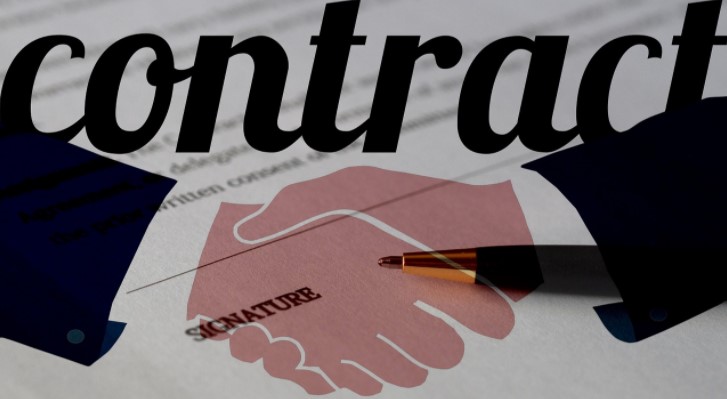Pre-contract management
In the construction industry, contract management is the process of managing contracts that are made as part of the delivery of a built asset. It involves the creation, analysis and execution of contracts by the parties to those contracts to ensure operational and financial performance is maximised, and risks are minimised.
Contract management can categorised into three phases:
- Pre-contract phase.
- Contract execution phase.
- Post-award phase.
The pre-contract phase is the preparation stage. This is when ideas start to form about the project and it is described in theoretical terms. It is also when intentions are solidified and relationships begin to take shape.
Although each scenario may be different, these are some of the typical steps that may be included in the pre-contract stage.
- Survey phase. This is when the project team starts to collect survey information for the project. It may include contributions and basic options from all consultants regarding the feasibility of the project. This information can start to form a design brief around ideas provided by the client.
- Outline phase. At this point, the project team creates a concept based on the design brief requirements and provides an outline that includes input from relevant parties and authorities.
- Scheme design. This phase is when the project team shapes the agreed upon idea into a working proposition including approvals from applicable authorities.
- Detail design. During this phase, the project team has fully developed the idea for the project, including specialist design work for structures, electrical, plumbing and HVAC installations and other required services that will be provided by sub-contractors..
- Construction information. At this point, the project team prepares detailed working drawings and specifications that define all aspects of the project.
- Measurement. The project team will prepare the bill of quantities including measurements for materials and estimates of labour costs for the project.
- Tendering. This is when tender documents are prepared, tenders are sought from selected contractors and contract negotiation is undertaken.
Once these phases are complete, there is an analysis of tenders that ideally concludes with the client awarding the project to the successful contractor based on the approved design, strategy and documentation.
[edit] Related articles on Designing Buildings
Featured articles and news
RTPI leader to become new CIOB Chief Executive Officer
Dr Victoria Hills MRTPI, FICE to take over after Caroline Gumble’s departure.
Social and affordable housing, a long term plan for delivery
The “Delivering a Decade of Renewal for Social and Affordable Housing” strategy sets out future path.
A change to adoptive architecture
Effects of global weather warming on architectural detailing, material choice and human interaction.
The proposed publicly owned and backed subsidiary of Homes England, to facilitate new homes.
How big is the problem and what can we do to mitigate the effects?
Overheating guidance and tools for building designers
A number of cool guides to help with the heat.
The UK's Modern Industrial Strategy: A 10 year plan
Previous consultation criticism, current key elements and general support with some persisting reservations.
Building Safety Regulator reforms
New roles, new staff and a new fast track service pave the way for a single construction regulator.
Architectural Technologist CPDs and Communications
CIAT CPD… and how you can do it!
Cooling centres and cool spaces
Managing extreme heat in cities by directing the public to places for heat stress relief and water sources.
Winter gardens: A brief history and warm variations
Extending the season with glass in different forms and terms.
Restoring Great Yarmouth's Winter Gardens
Transforming one of the least sustainable constructions imaginable.
Construction Skills Mission Board launch sector drive
Newly formed government and industry collaboration set strategy for recruiting an additional 100,000 construction workers a year.
New Architects Code comes into effect in September 2025
ARB Architects Code of Conduct and Practice available with ongoing consultation regarding guidance.
Welsh Skills Body (Medr) launches ambitious plan
The new skills body brings together funding and regulation of tertiary education and research for the devolved nation.
Paul Gandy FCIOB announced as next CIOB President
Former Tilbury Douglas CEO takes helm.
UK Infrastructure: A 10 Year Strategy. In brief with reactions
With the National Infrastructure and Service Transformation Authority (NISTA).























